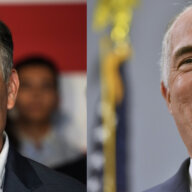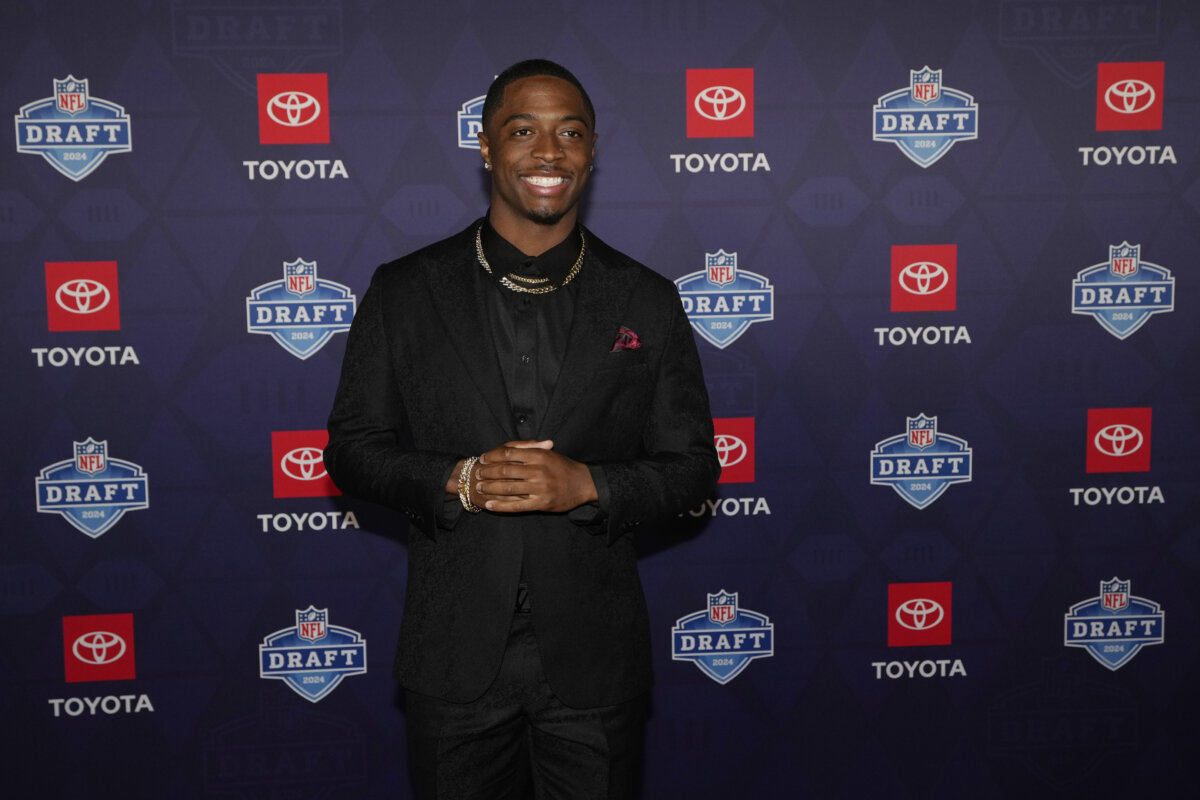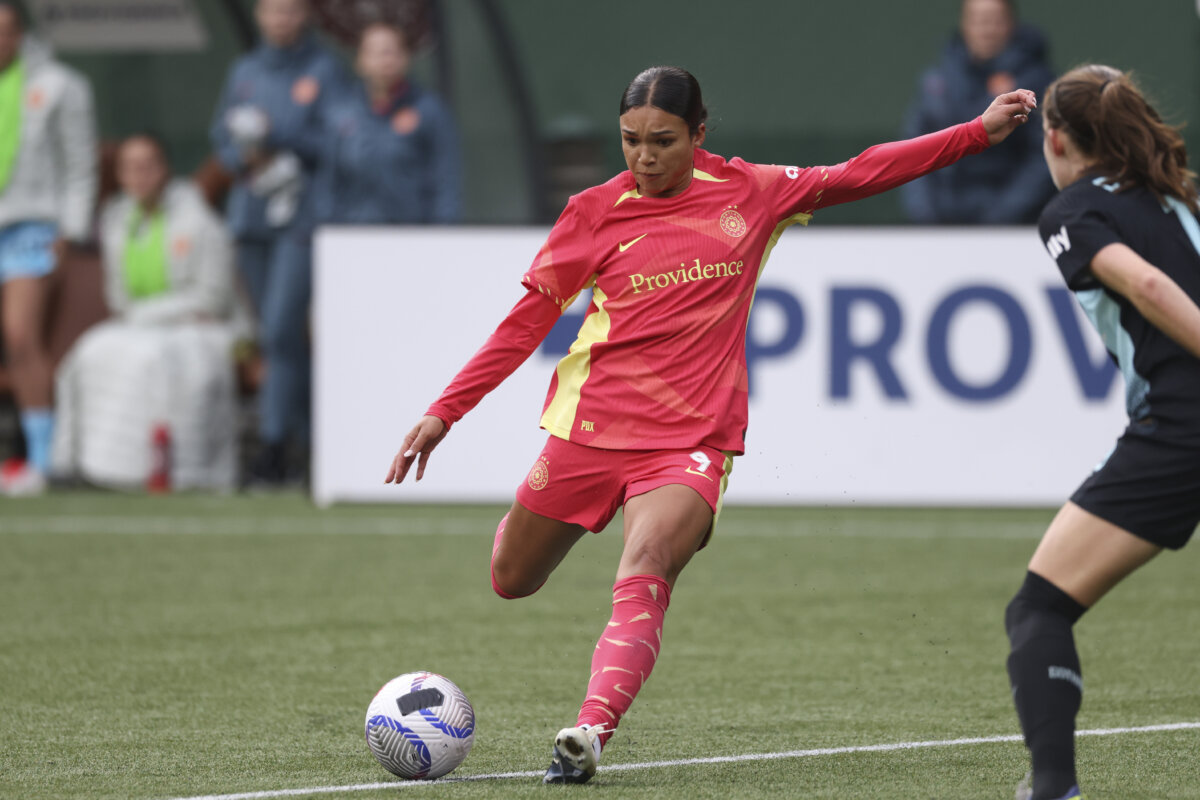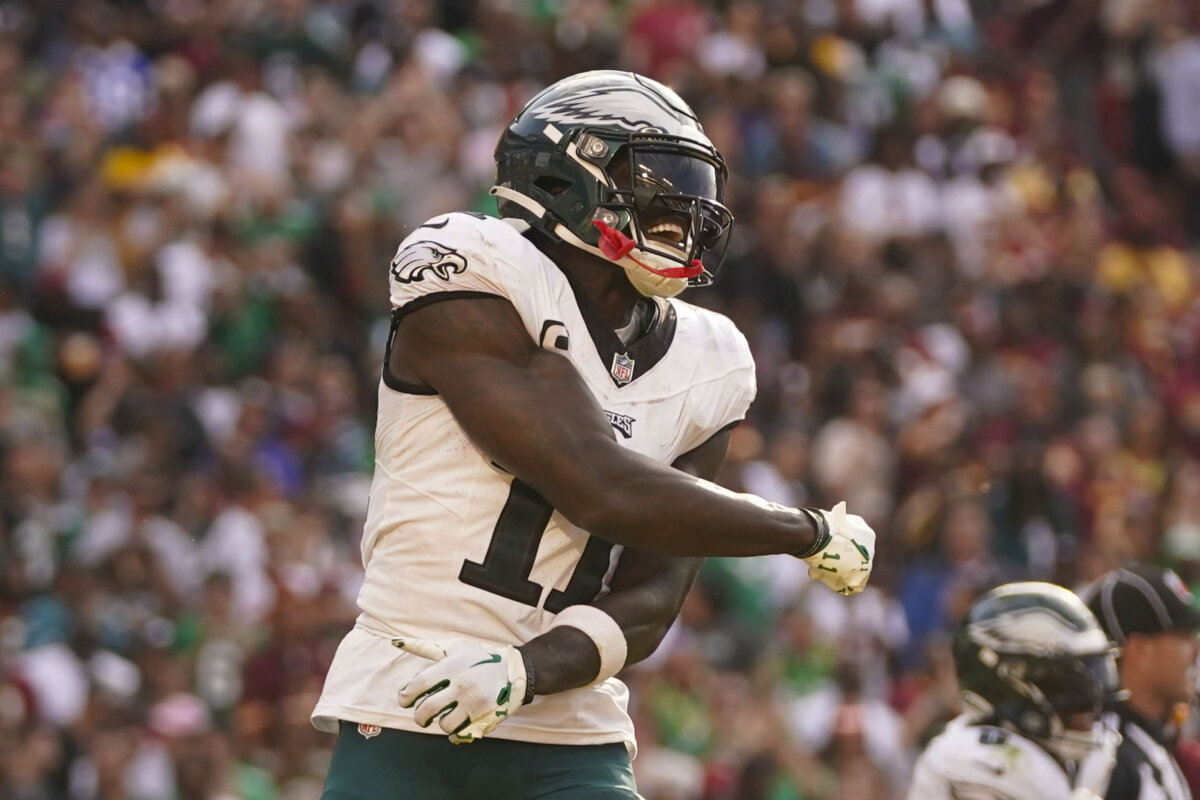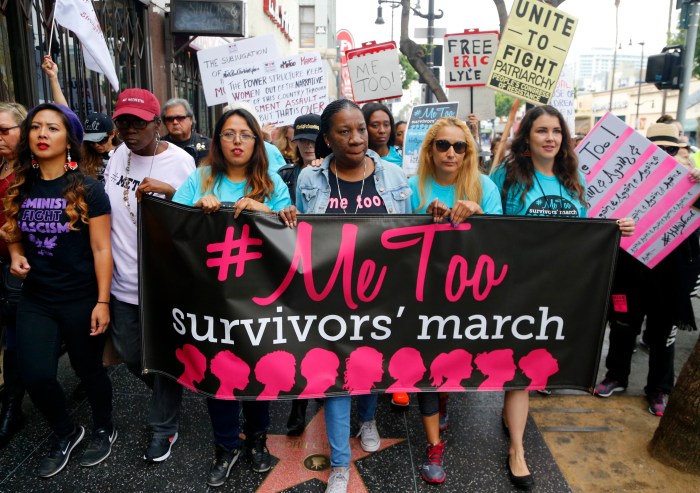Penn State’s football hierarchy did everything in its power to cover-up a hideous child-sex abuse scandal. For many loyalists, and the most staunch Joe Paterno supporters, the latest findings — detailed in The Freeh Report — are enough to make them sick.
Fans are calling to tear down the legendary coach’s statue. That’s tame. Talking heads are asking for the NCAA to institute the death penalty.
“Children were victimized. That’s the bottom line. Nothing else matters,” ESPN personality Stephen A. Smith wrote on Twitter. “The only thing we should be talking about is when will PSU’s football program receive THE DEATH PENALTY. At least a 5-five ban. Period.”
Caller after caller on local radio talk shows echoed those sentiments, with bans ranging from one year to five. Back at Happy Valley, they have the tough task of picking up the pieces — and somehow moving forward and re-building Penn State’s image.
“With the release of the Freeh Report we are beginning to correct our failures, promote healing and build a stronger tomorrow for Penn State,” the university said in a statement. “We are continuing the process of addressing the most painful chapter in the University’s history so that we can heal and move forward.”
End of the line?
The “death penalty” is the harshest thing the NCAA can do to an athletic program. It calls for banning a school from competing in a sport for at least one year. And it has only been enforced five times, here they are:
Kentucky basketball lost one season for point-shaving.
Southwestern Louisiana hoops was penalized two seasons for academic fraud.
SMU football got two years for paying players and lying.
Morehouse College soccer dropped two seasons for using professionals.
MacMurray College tennis lost two years due to a scholarship issue.
Death penalty debate
WHY THEY SHOULD …
The administration, including head coach Joe Paterno, were complicit in covering up Jerry Sandusky’s child-sex abuse scandal. That’s fact now, following Louis Freeh’s conclusive report. A series of e-mails shows that they knew about the rape allegations and chose not to report them to police. It was the “humane” thing to do, according to correspondences. From a moral standpoint, they failed everyone miserably.
WHY THEY WON’T …
Well, this is more about precedence than anything else. The NCAA has never dealt with anything like this. They are used to enforcing free tattoos and boosters paying players. The Jerry Sandusky scandal is a legal issue, so — as horrific as the crime is — does the NCAA have jurisdiction? And is it fair to punish the current recruits, coaches and players who had absolutely nothing to do with the scandal?









